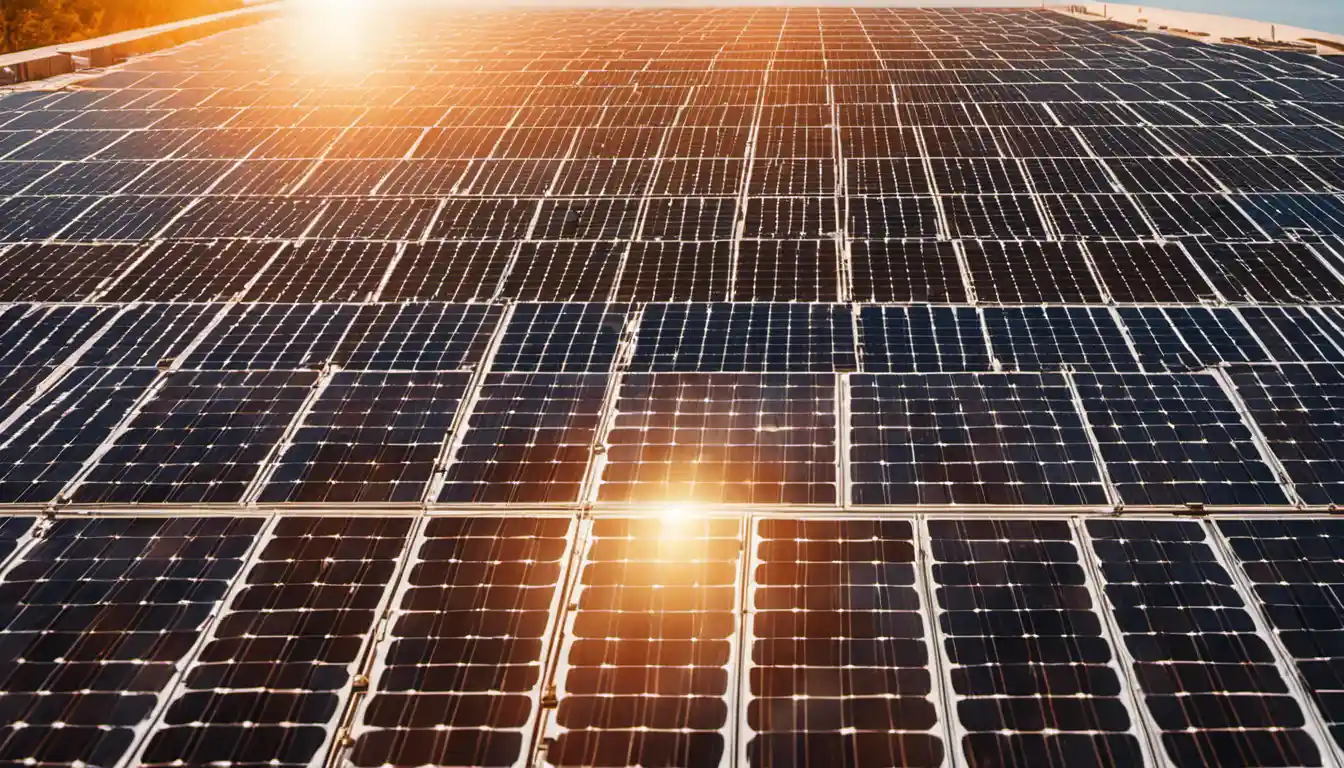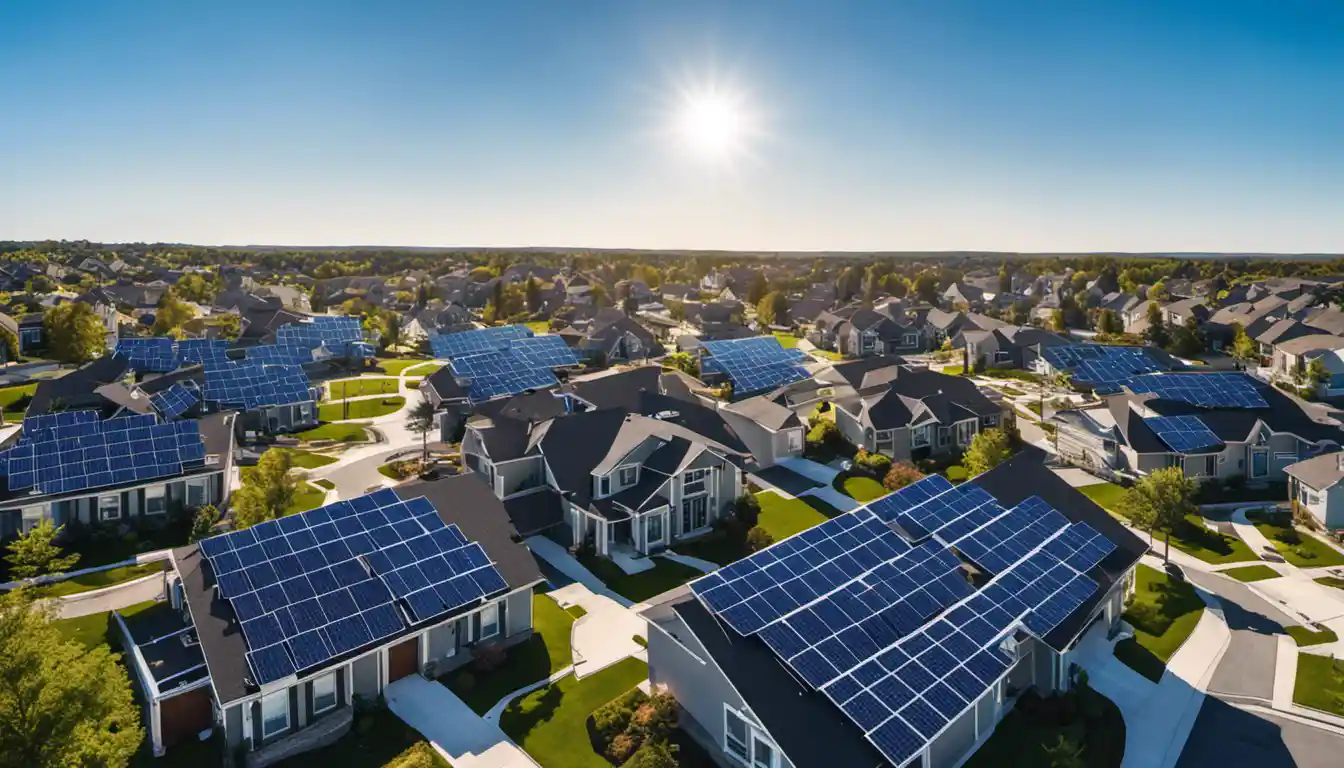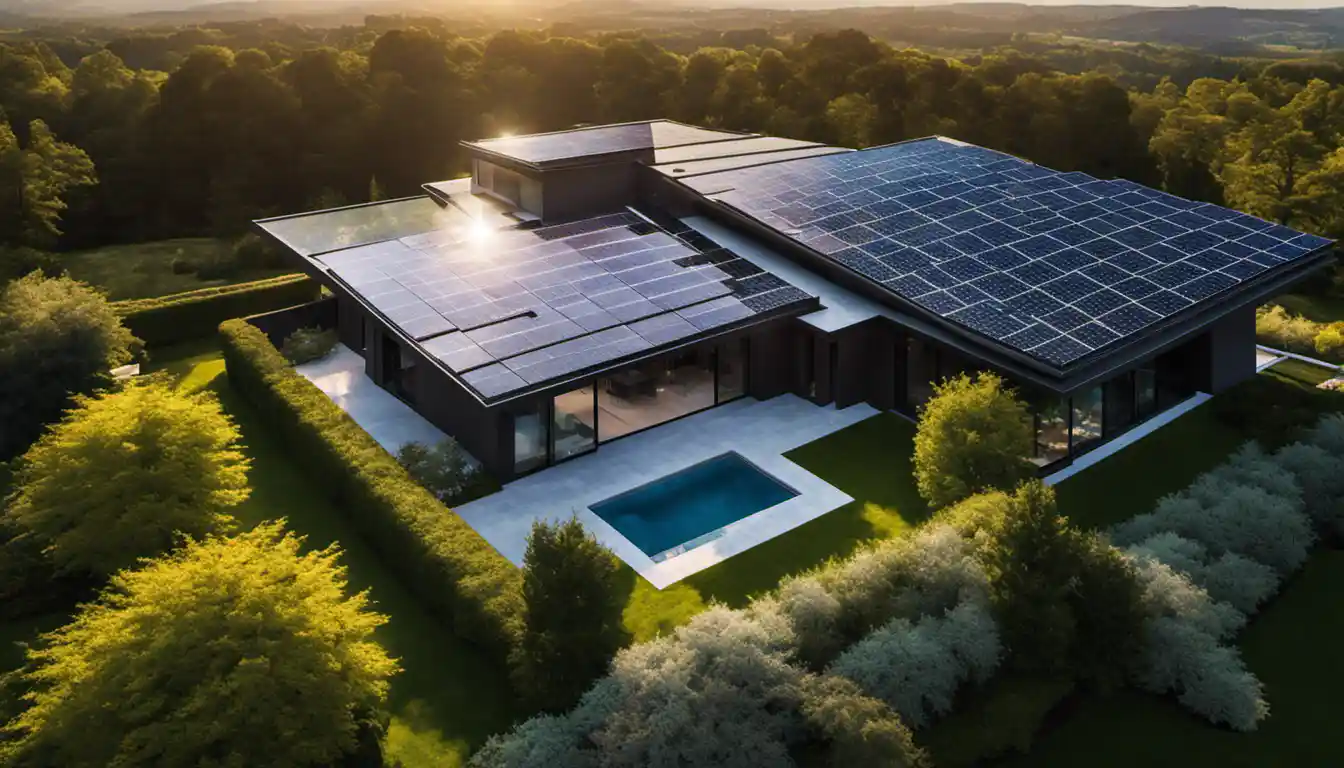Introduction to Solar Leasing
The cost of a solar lease per month can vary significantly based on factors such as the size of the system, the location, and the length of the lease contract. On average, it can range from $50 to $250 per month. It’s best to get a quote from a solar provider for the most accurate pricing.
Overview of Solar Leasing
Solar leasing, in essence, is a practical avenue to acquire solar energy without an upfront investment. In a typical lease scenario, a solar provider installs solar panels on your roof, and you agree to pay a fixed monthly fee for a set duration. The installed system remains the property of the lease company, allowing you to ‘rent’ solar energy for your daily use without owning the system. The beauty of solar leasing is its simplicity – no upfront costs and all maintenance is managed by the solar leasing company.
Leasing vs Buying Solar Panels: Key Differences
Now, it’s essential to understand a crucial question here: how does leasing solar panels stack up against buying them? While buying enables you to own the system, solar leasing ensures a lower monthly energy bill without the responsibility of maintenance. The deciding factor will be your budget, energy needs, and your long-term plans.
The Cost of Leasing Solar Panels
Average Monthly Solar Lease Prices

The million-dollar question then becomes: exactly how much is a solar lease per month? On average, homeowners can expect a solar lease cost of about $50 to $250 per month. However, the solar panel leasing cost varies with the size of the system, location, solar energy production, and lease term duration.
Factors Influencing the Solar Lease Cost
Other factors such as local sun exposure, the tilt of your roof, and ongoing local utility rates also play into the solar lease cost. If you live in sunny Arizona, for example, your monthly bill may be less compared to if you live in rainy Seattle, simply because the potential for solar energy production is higher.
Solar Panel Leasing: Advantages and Disadvantages
Pros of Leasing Solar Panels
The obvious advantage of leasing solar panels is not having to shell out thousands of dollars upfront. With leasing, you can start saving on electricity costs from day one, knowing your monthly fees are fixed.
Cons of Leasing Solar Panels
A critical drawback of solar leasing, however, is the lack of eligibility for government incentives and tax credits, which can save you a lot of money if you were to buy the system instead. Additionally, the solar lease could complicate matters if you decide to sell your property before the lease term ends.
Comprehensive Breakdown of Solar Lease Contracts

Before you sign that lease, ensure that you understand every iota of the contract terms. The “/how-does-a-solar-lease-work” provides a detailed review of solar leasing agreements.
Lease Term Duration and Contract Expiry Stipulations
Typically, a solar lease contract lasts for 20-25 years. What happens at the end of the lease agreement varies. Options may range from renewal of the lease to purchasing the system at a reduced price or having it removed.
Diverse Types of Solar Leases Available
Most commonly, there are two types of solar lease contracts: capital lease and operating lease. In a capital lease, the lessee assumes most of the risks and benefits of ownership, while the operating lease is more of a rental agreement.
Solar Lease vs Buying a Solar Power System: In-depth Comparison
To decide whether a solar lease is right for you, an in-depth comparison of the costs and returns of leasing and buying is paramount.
Assessing Costs

When you buy solar panels, your primary costs will be the purchase price and potential maintenance fees. However, these are typically offset over time with energy savings and tax incentives. With a solar lease, you’ll have fixed monthly payments throughout the contract term with no upfront costs.
Evaluating Returns
The returns from buying come from reduced or eliminated energy bills, selling back excess power, and recouping your investment over time. With a solar lease, your return is straightforward – you have predictable electricity costs and protection against rising energy prices.
Final Verdict: Is Leasing Solar Panels Worth It?
Now we reach the bottom line: is leasing solar panels worth it? The answer hinges on your unique situation.
Scenario Analysis
Suppose you’re a homeowner in sun-drenched California, paying high electricity rates, with a perfect roof for solar, and can afford a long-term contract. Signing a solar lease may make perfect sense to you.
However, if you live in a less sunny state, pay affordable electricity rates, and plan to move houses in a couple of years, solar leasing may not be the best option.
Key Considerations Before Decision-Making
Remember, solar leasing may not be a one-size-fits-all solution. Key considerations include how long you plan to stay in your home, your current electricity costs, and the ability to capitalize on tax benefits of solar energy. The great resource “/how-does-a-solar-lease-work” provides further in-depth insights to help guide your decision.
To make an informed decision, weigh all your options, thoroughly examine your specific circumstances, and seek expert guidance. Remember, every solar journey is unique. Yours won’t be any exception! So, let’s take the first step on your solar journey today.



